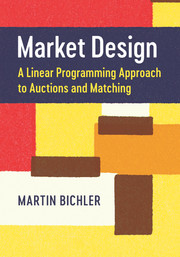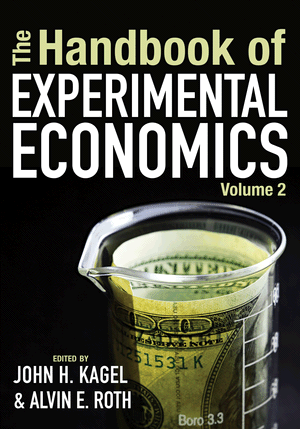Princeton University Press announces:
"A cutting-edge introduction to key topics in modern economic theory for first-year graduate students in economics and related fields
"Volume II of Microeconomic Foundations introduces models and methods at the center of modern microeconomic theory. In this textbook, David Kreps, a leading economic theorist, emphasizes foundational material, concentrating on seminal work that provides perspective on how and why the theory developed. Because noncooperative game theory is the chief tool of modeling and analyzing microeconomic phenomena, the book stresses the applications of game theory to economics. And throughout, it underscores why theory is most useful when it supports rather than supplants economic intuition.
- Introduces first-year graduate students to the models and methods at the core of microeconomic theory today
- Covers an extensive range of topics, including the agency theory, market signaling, relational contracting, bilateral bargaining, auctions, matching markets, and mechanism design
- Stresses the use—and misuse—of theory in studying economic phenomena and shows why theory should support, not replace, economic intuition
- Includes extensive appendices reviewing the essential concepts of noncooperative game theory, with guidance about how it should and shouldn’t be used
- Features free online supplements, including chapter outlines and overviews, solutions to all the problems in the book, and more






